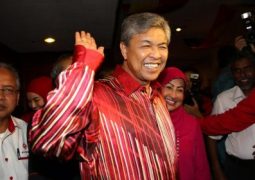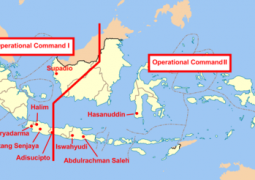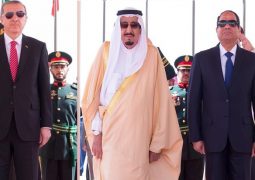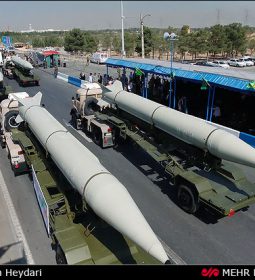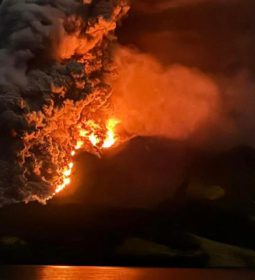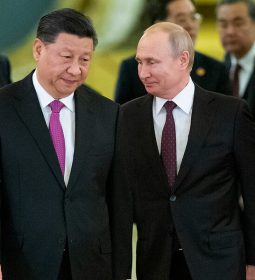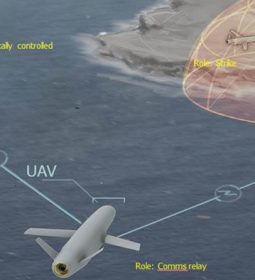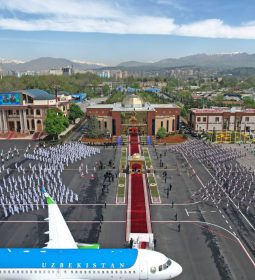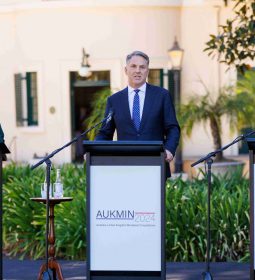A Hectic Life of a Volonteer
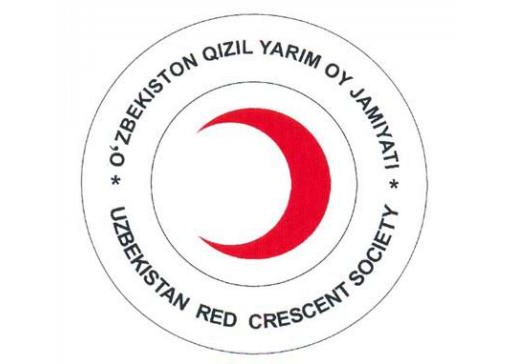
On November 14 this year, the Red Crescent Society (RCS) of Uzbekistan turned 91. It is an organization distinct with targeted social status, and assisting to the state and its agencies in addressing priority social issues.
Our guest in our office today is the RCS Executive Director Elvira Amiralieva, who tells UT readers about effective social partnership.
“All these years, an important component of effective activity in your organization has been the support for the most vulnerable segments of population. This is a common and well-branched element of social support systems. How do you cope with this task?”
“Among the priorities of RCS is to contribute to the implementation of government programs of social orientation. In 2011-2015, our society, to shore up vulnerable people, assigned more than 1.5 billion soums. More than 20 thousand citizens received financial support. In the years of independence the RCS has acquired more opportunities to help people by strengthening the material-technical base, increasing the number of members across the country made possible thanks to the dynamic development of civil society. Today we have offices of the organization in all regions of the nation, making up 15 regional, 191 district and city, 2.5 thousand primary organizations, and more than one million members and 40 thousand volunteers. This is a tremendous human resource, which helps to reach out to large numbers of beneficiaries and contributes to solving the toughest of challenges.”
“A significant event in the development of civil society in Uzbekistan was the Law on Social Partnership passed in August last year. In your work, has something changed with the adoption of this document?”
“Oh, sure. One result of the adoption of this law was the establishment by the Red Crescent Society of strong partnerships with government bodies, state agencies and public organizations like the Women’s Committee of Uzbekistan, Kamolot Youth Social Movement, and the funds Mahalla and Soghlom Avlod Uchun.
“Striking examples of coordinated and targeted actions are the joint development and implementation of targeted policies, implementation of socio-economic development programs, solution of humanitarian problems. The main part of the State Program “Year of Healthy Mother and Child” has a lot to do with our activities, and the society is one of the executors of it. As part of the realization of paragraph 28, we distributed, together with the health and justice ministries, over 60 thousand informational and educational booklets in regions. 20 million soums was directed by the humanitarian organization for their training. Together with the Women’s Committee of Uzbekistan, we signed agreement on joint work toward the implementation of paragraph 40 of the State Program. Under the agreement, 3 thousand low-income families have been provided with financial assistance amounting to 450 million soums from the start of the year.”
“The Red Crescent Society is part of another major state program, “Warning and operating actions in emergency situations in Uzbekistan”. We would like to learn more about this area of your activities.”
“Yes, but, in addition to this program, we still are the only social organization of the country, which is incorporated in the state system of preparation and response to emergencies.
“In order to improve the standards of training the population for earthquakes, a comprehensive action program was approved in July 2011. In May 2016, the Prime Minister of the Republic of Uzbekistan approved the comprehensive program of actions to further enhance the effectiveness of measures to prevent emergency situations related to the earthquake, including the improvement of training the population for action as they arise. Within its framework, together with the Ministry of Emergency Situations, enterprises and educational institutions, the Society provides training and support in constant readiness to 644 voluntary health brigades, involving more than 10 thousand volunteers. They are ready to respond to various emergencies of natural and manmade character. We have created a mobile camp for 100 families, equipped with tents, mattresses, bedding, kitchen and sanitary facilities, inventory for immediate assistance to victims of possible emergencies, and regional offices have created reserves on emergency cases at the rate of 40-50 families.”
“It turns out that you only work with volunteers. What efforts are undertaken in training the population?”
“We have developed a public training program of action in emergencies. Together with the Ministry of Emergency Situations and district administrations, field practical instructions have been conducted for more than 300 residents of mahallas. During the first half of 2016, regional offices organized 357 first aid training courses. In general, about 10 thousand people have been trained.
“Considerable work has been done on training students and teaching staff in educational institutions of the republic. They were acquainted with the basic rules of conduct in emergency situations of natural and manmade character, skills, first-aid and self-help. 1,117 created health posts have been established in schools, academic lyceums and professional colleges. Throughout the country, in the framework of the program for the Youth Emergency Situations about 20 thousand students of educational institutions and about 3 thousand teachers have been trained. All this work is carried out according to the principles of social partnership with the ministries of Emergency Situations, Higher and Secondary Special Education, Health, and the Interior.”
“Your organization is known as the chief assistant of the state in the dissemination of knowledge about international humanitarian law. Are its activities in this field associated with international partners?”
“Today, there are two regional methodological centers in the country for the dissemination of international humanitarian law. One of them is located in Namangan and is intended for three regions of the Ferghana Valley, the other is in Samarkand, whose activities also cover Bukhara and Navoi regions. And, of course, we have established close contacts with foreign partners. In 2016 alone, the delegation of RCS took part in an international forum – the Asia-Pacific Humanitarian Cooperation of Communication and Innovation, held in Beijing. Our experts participated in training seminars in Hungary, Russia, Israel, and Italy. Strengthening relations and furthering the effective cooperation will be served also by meetings organized in Uzbekistan with delegations of the Red Cross of Japan, of the German Society for International Cooperation (GIZ), the leadership of UN Regional Office for the Coordination of Humanitarian Affairs.”
- Previous Myanmar’s War on the Rohingya
- Next Hydropower, mining, tourism, agricultural sector named prospective areas for Kyrgyz-Tajik cooperation



